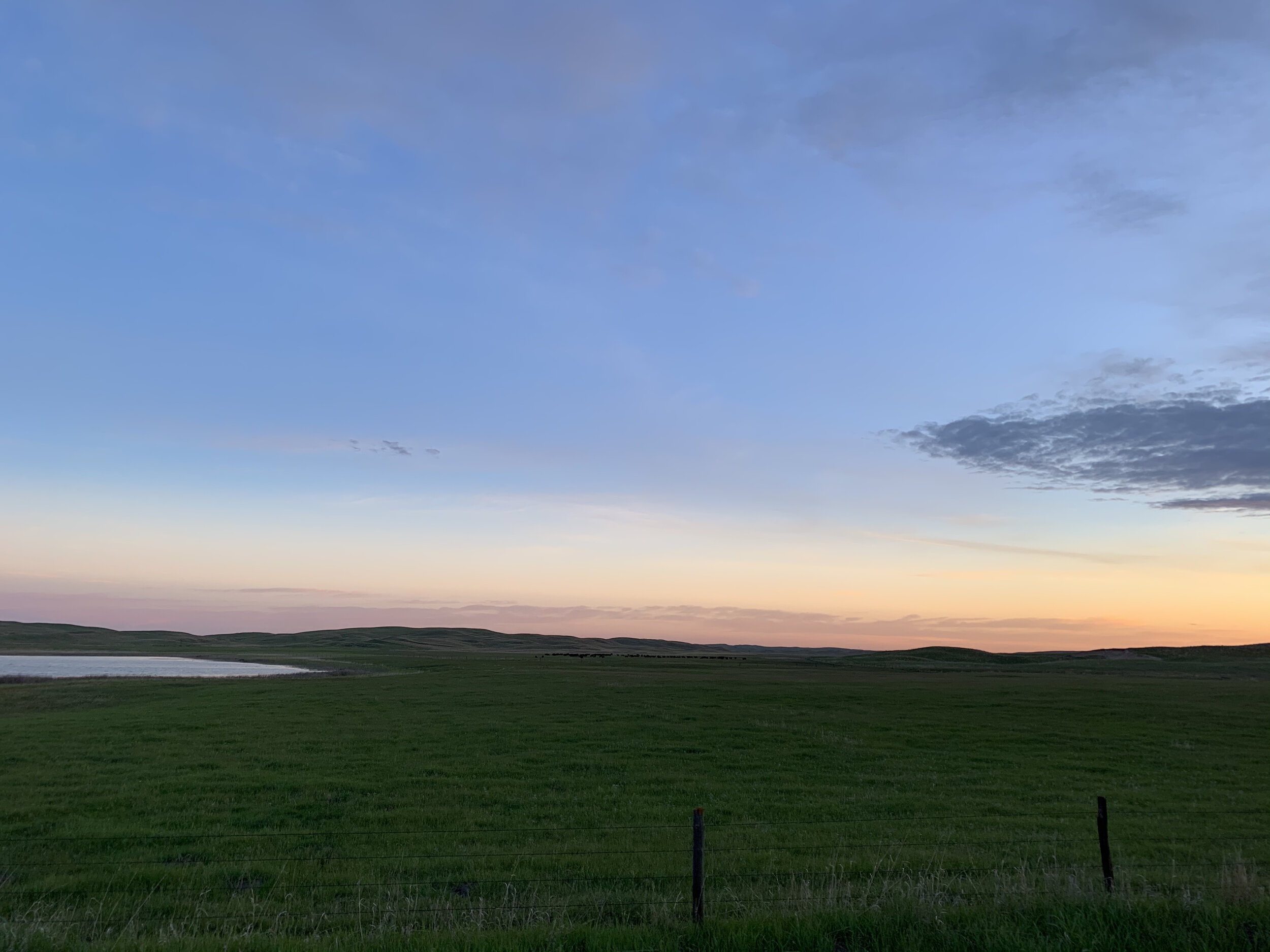The Rural Review
An online journal produced in conjunction with the Rural Reconciliation Project.
The Rural Review publishes digests of important academic contributions, program information, blog-style commentary, and periodic roundups of rural items from across academic disciplines and scholarly media.
Contributions from interested authors are welcome. Find our author guidelines here.
Brooks et al.: Ethnoracial Diversity Across Nonmetropolitan America
In Uneven Growth and Unexpected Drivers of Ethnoracial Diversity across Nonmetropolitan and Metropolitan America, Matthew M. Brooks (Sociology and Center for Demography and Population Health, Florida State), J. Tom Mueller (Population Heath, University of Kansas Medical Center), Brian C. Thide (Agricultural Economics, Sociology, and Education and Population Research Institute, Pennsylvania State), and Daniel T. Lichter (Policy Analysis and Management, Cornell) bring attention to ethnoracial diversity in Nonmetropolitan America by providing an updated statistical portrait of ethnoracial diversity in the United States since 2000.
Gansauer: A Taxonomy of ‘Bidenomics’
In For Growth or Equity: A Taxonomy of ‘Bidenomics’ Place-Based Policies and Implications for US Regional Inequality, Grete Gansauer (Earth Sciences, Montana State University) develops a new taxonomy for classifying major place-based policy approaches passed during the Biden administration which were intended to promote national economic development while also providing investment for left-behind places.
Wang & Sun: Adverse Possession of Forestland
In Disputes of Adverse Possession on Forestland and the Determinants of Case Outcomes, authors Hui Wang (School of Economics and Management, Beijing Forestry University) and Changyou Sun (Department of Forestry, Mississippi State University) examine the statistics of winning and losing adverse possession claims on forestland in the United States.
Cohen & Cohen: The ‘Second Amendment of Food’
In The ‘Second Amendment of Food’: Some Reflections on American Liberalism, Mathilde Cohen (Connecticut Law) and Amy Cohen (Temple Law) explore Maine’s new “right to food” amendment by considering the history of the conception of the right to food, the legislative history of the amendment, and future implications as additional states begin to grapple with similar constitutional amendments.
Dunlap et al.: A Dead Sea of Solar Panels
In ‘A Dead Sea of Solar Panels’: Solar Enclosure, Extractavism and the Progressive Degradation of the California Desert, Alexander Dunlap (Global Development Studies, University of Helsinki), Benjamin Sovacool and Bojana Novaković (both Institute for Global Sustainability, Boston University) discuss the spread of solar energy projects in the Mojave desert and the overlooked negative impact both on the environment and the people who live there.
Roundup: April 11, 2025
A periodic collection of recent research, analysis, and other notable rural items.
Bryant & Farrell: Conservatism, the Far Right, and the Environment
In Conservatism, the Far Right, and the Environment, Jesse Callahan Bryant and Justin Farrel (both Environment, Yale) review and integrate sociological research with multidisciplinary literature on conservative and far-right environmental thought.
Phillips: The Role of Technology in Maintaining Social Cohesion
In The Role of ICT in Maintaining Social Cohesion: Understanding the Potential of Digital Incentives for Social Networks in Rural Areas, Rita Helena Phillips (Educational Sciences, Alpen Adria University) examines the role of Information and Communication Technologies (ICT) in preserving social and community relationships during the lockdowns of the COVID-19 pandemic.
Ashwood et al.: Empty Fields, Empty Promises
In Empty Fields, Empty Promises: A State-by-State Guide to Understanding and Transforming the Right to Farm, Loka Ashwood (University of Kentucky, Sociology), Aimee Imlay (Mississippi State University, Sociology), Lindsay Kuehn (Farmers Legal Action Group), Allen Franco (Federal Public Defender), and Danielle Diamond (Harvard, Animal Law and Policy) use a mixed method approach to analysis and compare state right-to-farm (RTF) laws in practice.









